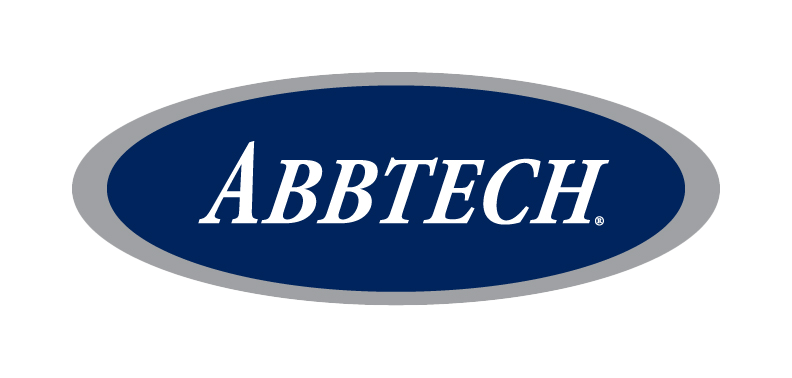Education, skills, and experience are all essential entries on your resume, but what about hobbies? Hobbies require learning, skill, and experience as well. For these reasons, it is a great idea to put hobbies on your resume. Hobbies demonstrate hard and soft skills and your ability to handle stress. Additionally, hobbies related to your professional industry can expand your resume and help you stand out. If you work in the engineering industry, there are many related hobbies that you should consider adding to your resume. Let’s take a look at a few:
Woodworking & Metalworking
Many engineers like to stay busy in their spare time, embracing productive hobbies unrelated to their regular work. Woodworking and metalworking are enjoyable and rewarding activities. The smell and texture experienced while working with wood and metal can be soothing and exciting, especially as you create a piece or design something new. Depending on what tools and materials you have on hand, this can be a low-cost hobby, too.
Restoration
Vehicle and home restoration are also great hobbies that have the potential to be profitable. Whether you enjoy restoring classic cars on a rotisserie or finding Italian tile under a venerable carpet, restoring old cars and homes is a rewarding and educational way to ease stress and relax. Plus, the restored product may be sold for a profit.
Tabletop Gaming/ Modeling
The technical skills and precision required to create tabletop games and models are a big draw for engineers. You can create dioramas with hand-painted soldiers, construct a working train set-up, or enjoy constructing collectible models of cars, airplanes, military vessels, etc. The focus, dedication, and enthusiasm these hobbies require demonstrate many hard and soft skills beyond your technical resume.
Outdoor Recreation/ Sports
Some engineers want a completely different experience during their downtime. Outdoor sports and recreation can be ideal. From biking to boating, rock climbing to running, outdoor activities reduce stress and give you fresh air and sun necessary for rejuvenation. Many outdoor sports also demonstrate your ability to work as a team, a valuable soft skill on your resume.
“Recreational” Engineering
You may like to relax by doing what you do best differently. Building gaming computers, inventing helpful machines, and creating crypto codes are appealing and beneficial hobbies for engineers.
Conclusion
Our hobbies are an essential part of our lives. They uniquely demonstrate our hard and soft skills and contribute much to our professional resumes. Even if your hobbies aren’t listed above, consider adding them to your resume to stand out when you apply for your next engineering industry position.
For help finding your next engineering role, turn to ABBTECH today!

